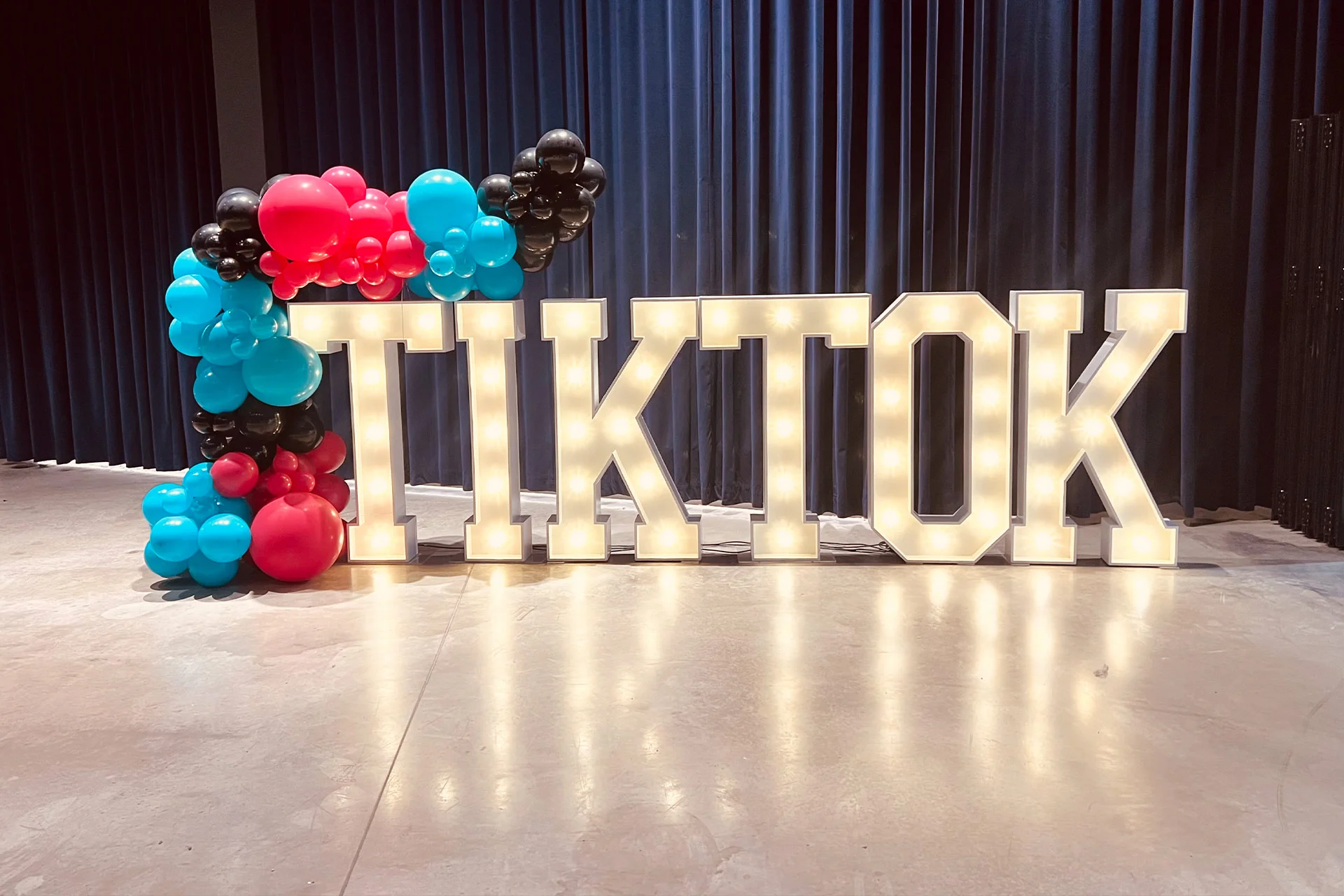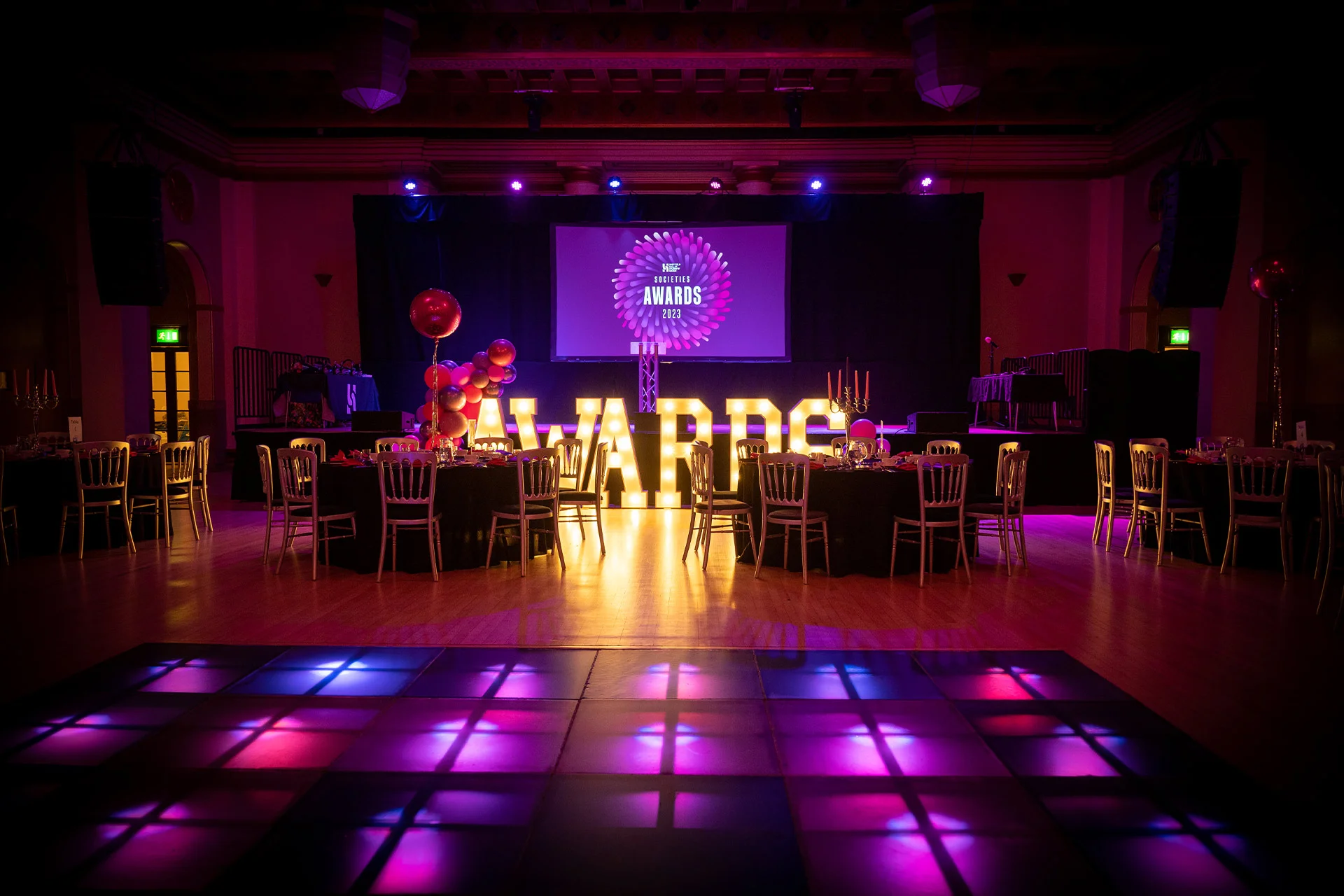Planning Corporate Entertainment
Planning corporate entertainment requires a strategic approach to ensure that the event meets business objectives, engages participants, and provides a memorable experience. Here's a step-by-step guide to help you through the process:
1. Define the Purpose and Objectives
- Purpose: Determine the reason for the event. Is it a celebration, team-building activity, client appreciation, product launch, or networking opportunity?
- Objectives: Identify the key goals. For example, boosting employee morale, improving client relations, or showcasing a new product.
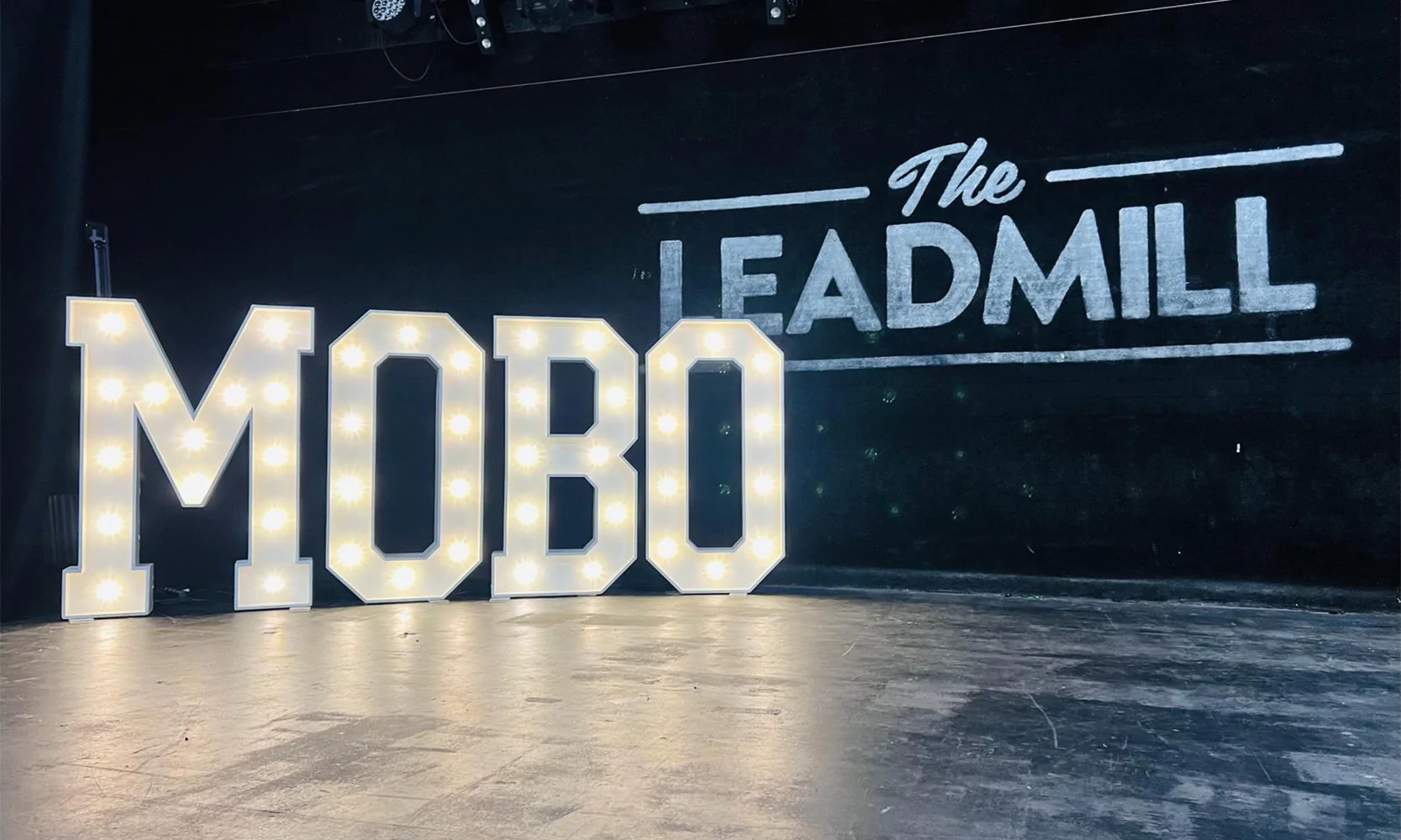
2. Know Your Audience
- Demographics: Understand the age, interests, and professional backgrounds of your attendees.
- Preferences: Consider their preferences, such as music, food, and entertainment styles.
3. Set a Budget
- Allocation: Divide the budget into categories like venue, catering, entertainment, decorations, transportation, and contingency.
- Flexibility: Allow for unexpected costs by setting aside a portion of the budget.

4. Choose a Theme and Format
- Theme: Select a theme that aligns with your objectives and audience. Examples include a gala, sports event, tech showcase, or cultural night.
- Format: Decide whether it will be an in-person event, virtual, or hybrid.
5. Select a Venue
- Capacity: Ensure the venue can comfortably accommodate all attendees.
- Location: Choose a convenient and accessible location.
- Amenities: Check for necessary facilities such as AV equipment, stage, and catering options.

6. Plan the Entertainment
- Entertainment Type: Choose entertainment that resonates with your audience. Options include live bands, DJs, keynote speakers, comedians, magicians, or interactive activities like escape rooms or cooking classes.
- Timing: Schedule the entertainment to maintain a good flow throughout the event.
7. Organise Catering
- Menu: Select a menu that caters to diverse dietary preferences (vegan, gluten-free, etc.).
- Service Style: Decide between plated service, buffet, or food stations.
- Beverages: Include options for both alcoholic and non-alcoholic drinks.
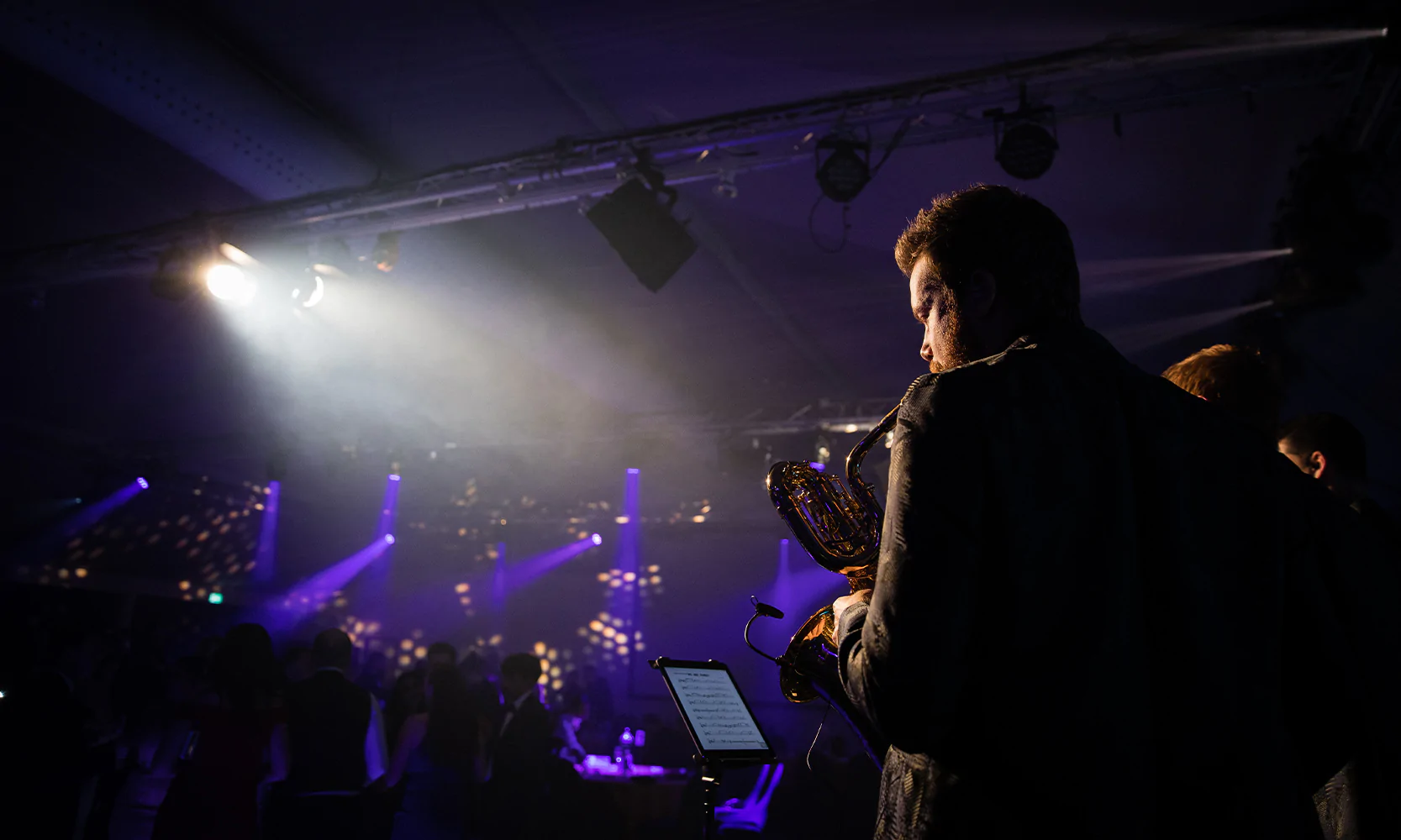
8. Send Invitations and Manage RSVPs
- Invitations: Send out well-designed invitations with all necessary details.
- RSVP Management: Use event management software to track responses, preferences, and any special requirements.
9. Logistics Planning
- Transportation: Arrange transportation if necessary, especially for offsite events.
- Setup and Breakdown: Plan for setup and breakdown times, ensuring smooth execution.
- Onsite Management: Assign roles to staff for managing different aspects of the event.

10. Event Promotion
- Internal Promotion: Use internal communication channels to build excitement.
- External Promotion: If relevant, promote the event on social media, through press releases, or via partner networks.
11. Engagement and Interaction
- Interactive Elements: Incorporate interactive elements like live polls, Q&A sessions, or networking games.
- Swag and Giveaways: Consider giving away branded items or prizes to enhance the experience.
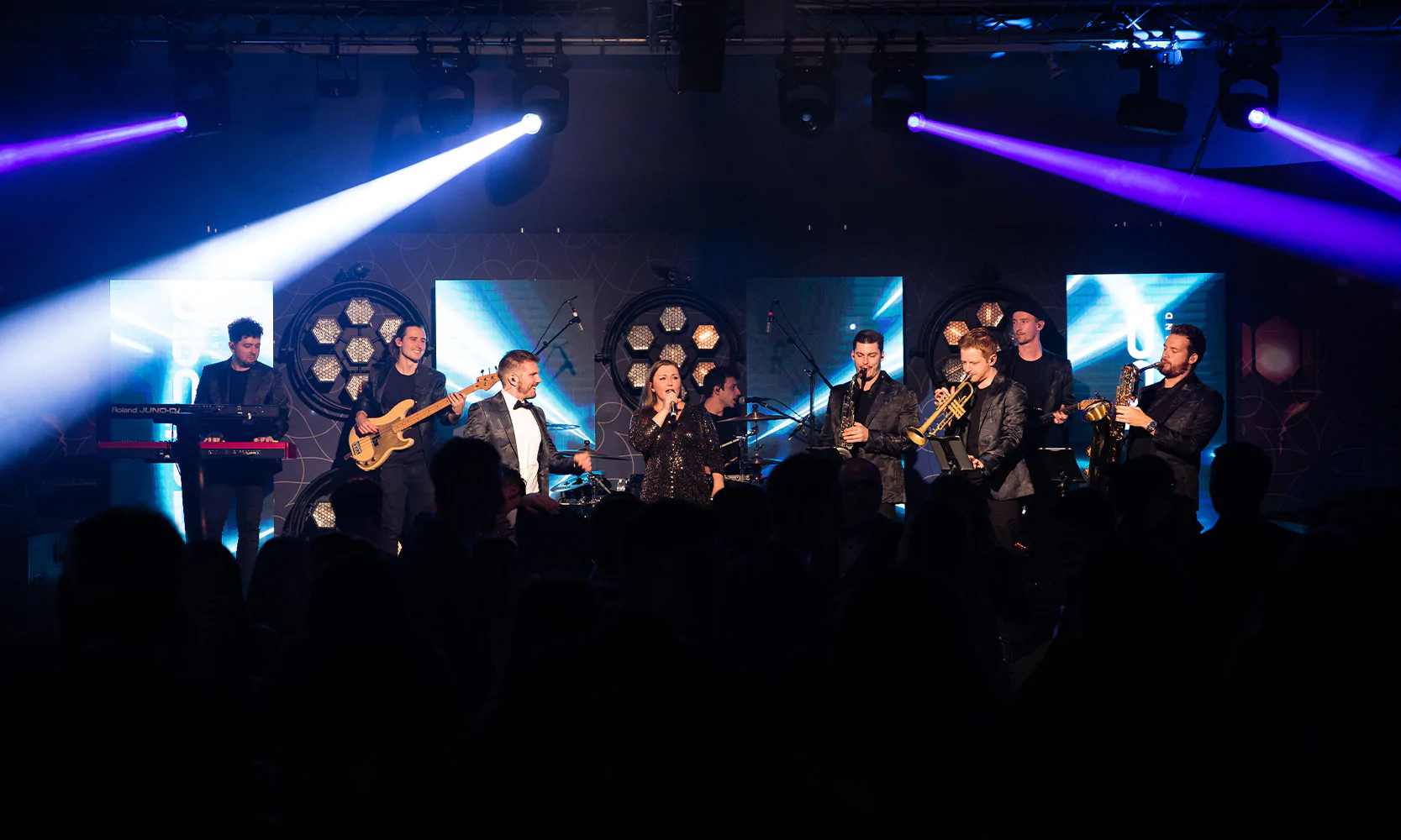
12. Post-Event Follow-Up
- Feedback: Collect feedback through surveys to understand what worked and what could be improved.
- Thank You Notes: Send personalized thank-you notes to attendees, speakers, and performers.
- Reporting: Analyse the event’s success against the objectives and report on outcomes.
13. Contingency Planning
- Risk Management: Identify potential risks (weather, technical issues) and have backup plans in place.
- Health and Safety: Ensure all health and safety guidelines are followed, especially for in-person events.

14. Evaluate Success
- KPIs: Measure key performance indicators such as attendance, engagement, and feedback scores.
- ROI: Assess the return on investment, particularly for client-focused events.
Additional Tips:
- Leverage Technology: Use event management software for seamless planning, execution, and follow-up.
- Sustainability: Consider eco-friendly options in catering, decorations, and waste management.
- Networking Opportunities: Design the event layout to encourage networking and interaction.
With careful planning and attention to detail, your corporate entertainment event will achieve its goals and leave a lasting positive impression.







